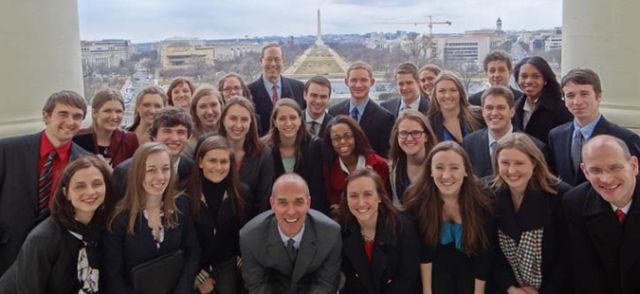Document Type
Article
Publication Date
4-8-2016
Publication Source
Political Theory
Abstract
Slavery has long stood as a mirror image to the conception of a free person in republican theory. This essay contends that slavery deserves this central status in a theory of freedom, but a more thorough examination of slavery in theory and in practice will reveal additional insights about freedom previously unacknowledged by republicans. Slavery combines imperium (state domination) and dominium (private domination) in a way that both destroys freedom today and diminishes opportunities to achieve freedom tomorrow. Dominium and imperium working together are a greater affront to freedom than either working alone. However, an examination of slavery in practice, focusing on the experiences of American slaves, demonstrates that republicanisms’ acknowledged strategies for freedom-seeking, acquiring insulation from domination through law and through norms, do not encompass the full range of options. Slaves also seek freedom through physical absence, economic activity, and culture. The account of slavery and freedom developed here suggests republican accounts of freedom should either give up their focus on thresholds of freedom, or consider the possibility of a plural conception of freedom that extends beyond just freedom as non-domination to include freedom as collective world-making, or both.
ISBN/ISSN
0090-5917
Document Version
Postprint
Copyright
Copyright © 2016, Sage Publications
Publisher
Sage Publications
Volume
44
Issue
3
Peer Reviewed
yes
Keywords
freedom, non-domination, slavery, republicanism, resistance
eCommons Citation
Watkins, David, "Slavery and Freedom in Theory and Practice" (2016). Political Science Faculty Publications. 78.
https://ecommons.udayton.edu/pol_fac_pub/78
Included in
American Politics Commons, Comparative Politics Commons, Political Theory Commons, Race and Ethnicity Commons, Social and Cultural Anthropology Commons




Comments
The document available for download is the author's accepted manuscript, provided in compliance with publisher policies on self-archiving. Permission documentation is on file.